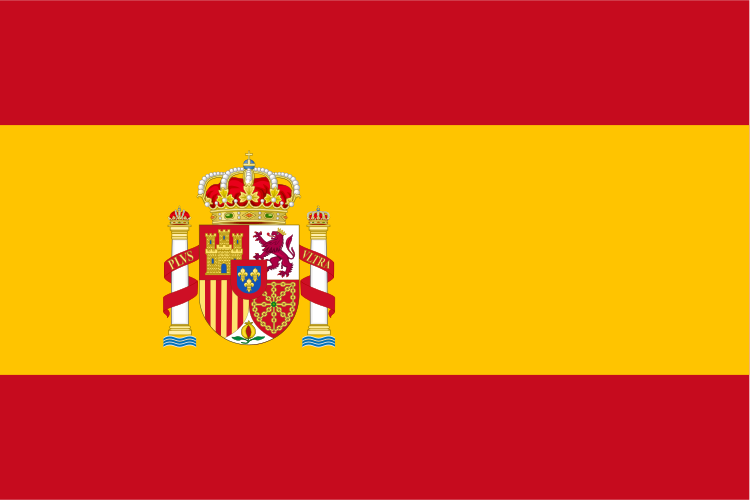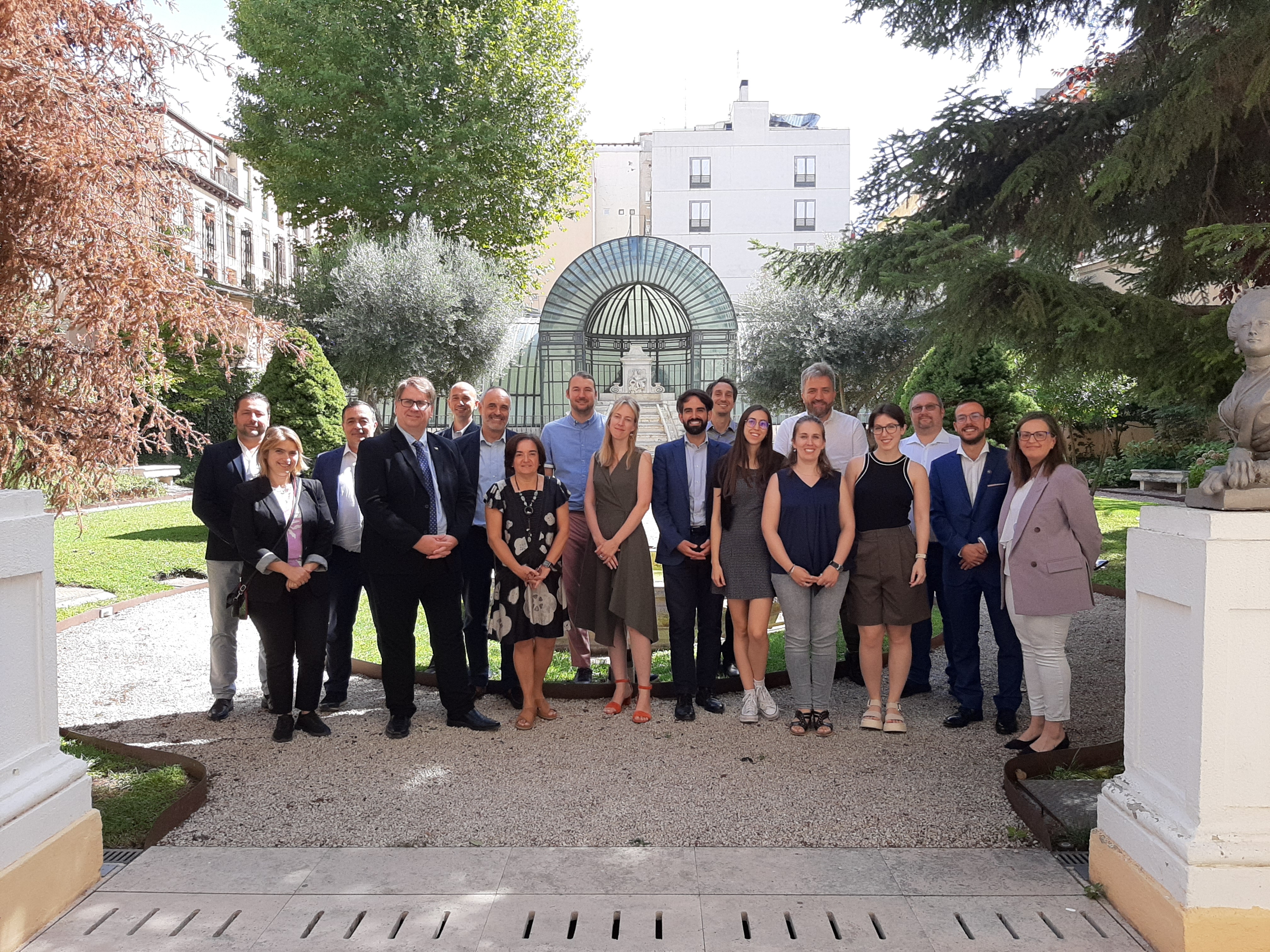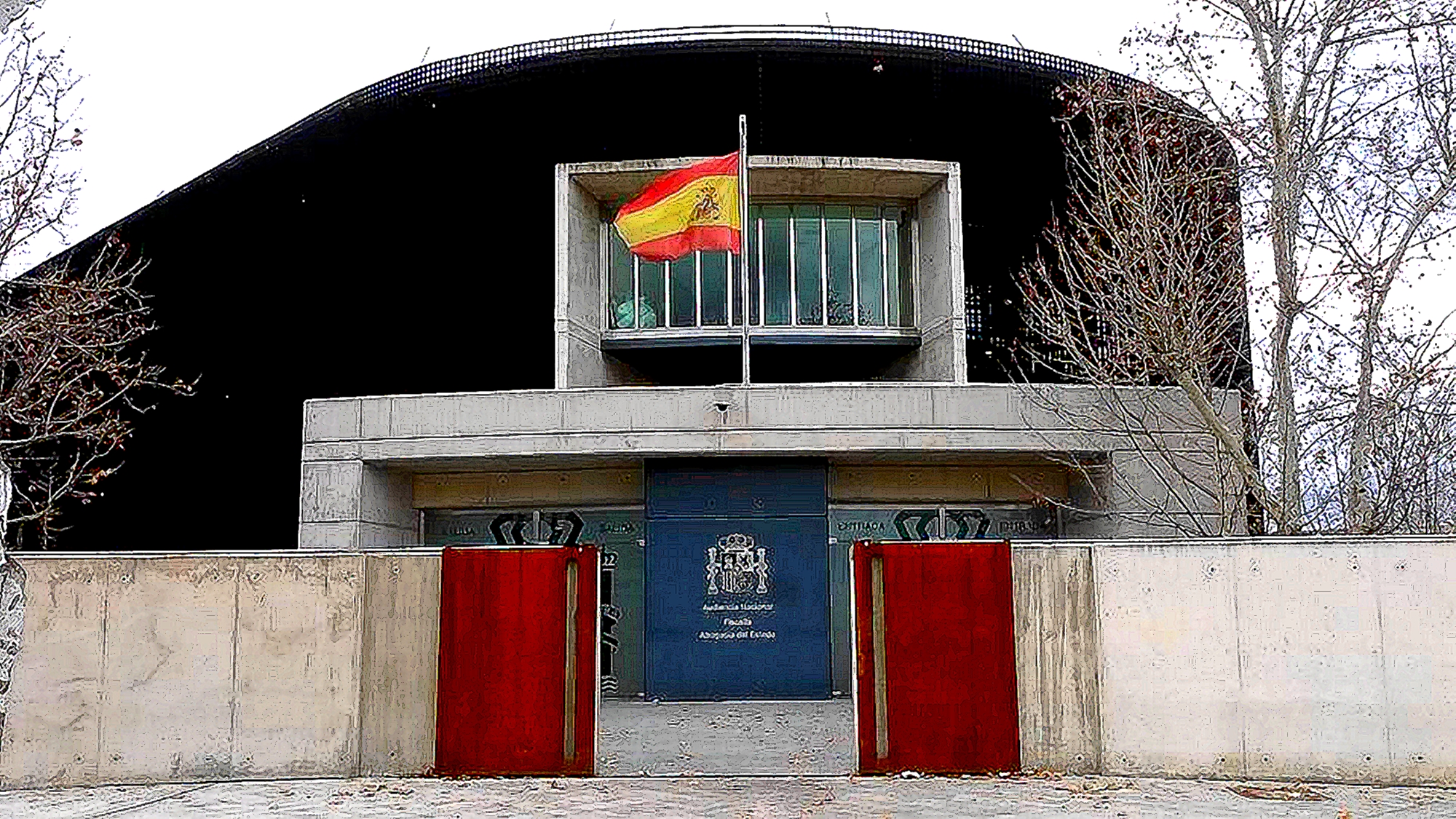
The last study visit of 2024 took place in Spain on 11 and 12 September 2024. It started off with an invitation of the Spanish Ministry of Justice to discuss the aspects covered by the SimpliVi project and followed by an exchange of experiences and best-practices. It was again held back to back with an ICANEPO study visit (https://icanepo.eu/).
For the hands-on part of the study visit the participants were invited to the National High Court, located just outside of Madrid at San Fernando de Henares.
Some of the main findings were:
+) Spain is a complex area of competence and that also applies to the area of videoconferencing. To mitigate this issue, Spain has created a national committee for videoconferencing topics to align legal and other matters. This committee also provides recommendations, protocols and tutorials. Spain's conclusion was that it has proven as a very helpful institution.
+) All hearings are recorded. There is no official written protocol. An automatic transcript of the recording is not yet in place but currently evaluated.
+) Spain has a detailed set of statistics about the use of videoconferencing. These are used for analyzing the use of videoconferences in detail and thus support focusing very precisely on solving issues.
+) In case of translation, judges prefer consecutive translation (as opposed to simultaneous translation) to be able to listen to the original tone of the person heard in its mother tongue.
+) The simple and honest truth was the quote. "Money is key to proceed with digitalization". Spain used a significant amount of funds from the Recovery & Resilience Funds of the EU (post-pandemic) on the digitalization of justice, including videoconferencing.
With regards to cross-border aspects of videoconferencing Spain encountered similar challenges as other member states:
+) Language issues
+) Availability of contact points. Here, EJN contact points have proven to be very useful.
+) Lack of information about videoconferencing infrastructure
+) Use of wrong forms
+) Time zone issues
+) Difference in legal basis for videoconferencing
In general, Spain seems to have a very good and balanced approach to videoconferencing. All hard- and software to conduct a videoconference properly is available. Additionally, Spain has a high level of integration of several national IT system with the videoconferencing system. E.g. a case management system (Minerva), creation of hearings (NOJ), a recording system (Efidelius) and an system to access judicial files (Horus).
In conclusion, with the study visit to Spain the insights gained through previous study visits were confirmed. Most of the challenges other countries have are also existent in Spain. Given the size of the country and thus the number of involved authorities and the complex competence rules it seems that Spain is doing exceptionally well when it comes to the topic of judicial videoconferencing.
by Mathias Maurer


